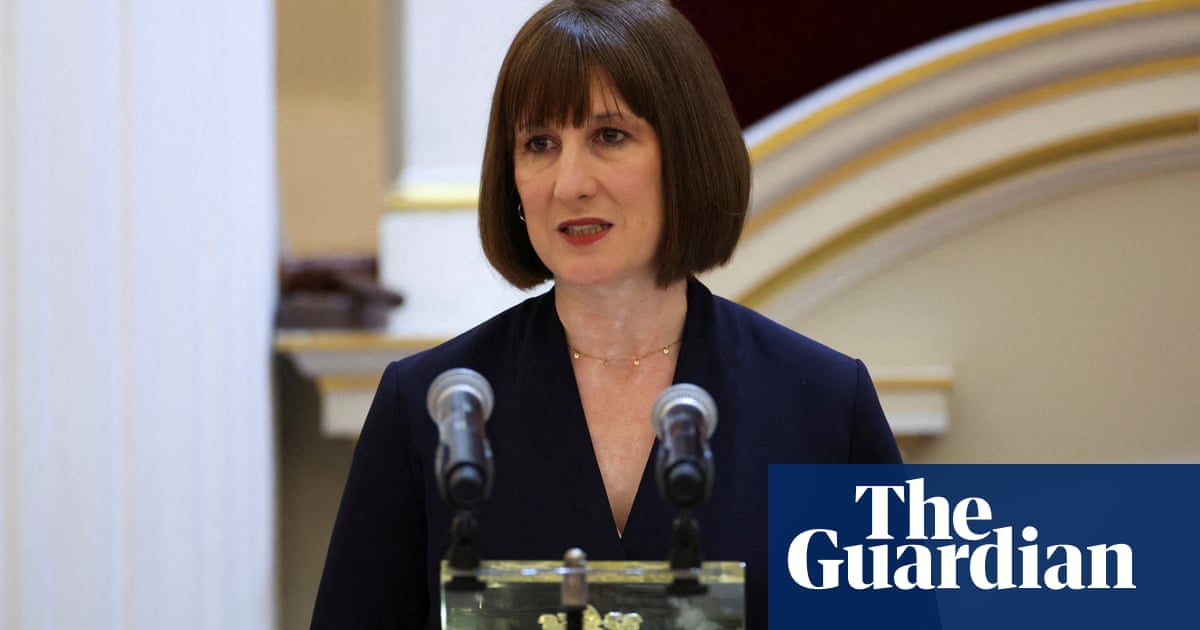Why are so many traditional stories for children, be they folk stories, fairytales or nursery rhymes, so dark, creepy or macabre? Rachel Parks, West Yorkshire
Send new questions to [email protected].
Readers reply
Because the shadows make the light brighter and, sometimes, a little fear is the best kind of fun. Michael
I expect at least some of the tales weren’t, originally, particularly aimed at children, they were just oral folk tales. But also, as authors such as Roald Dahl show, children often rather enjoy the dark and macabre. And, of course, there’s the famous (paraphrased) GK Chesterton quote: “Fairytales do not tell children that dragons exist. Children already know that dragons exist. Fairytales tell children that dragons can be killed.” If you were living in a time when coming to a nasty end was a relatively common facet of life (even and sometimes especially for children), it’s understandable that stories wouldn’t be shy about it. Jebedee
Before the last century, children were more exposed to death and suffering. A child from a family of five who survived to adulthood might see three of their siblings get sick and die along the way, along with adult family members – people died in the home rather than in hospital. Today, we try to shield children from awareness of death, but that’s a recent thing. Randonusername222
They were meant to be lessons. This is the problem with people today: they don’t tell children about the real dangers and then they grow up to vote for bullies and narcissists. If you don’t understand the way danger will show up you’re not. ThatsWhatIsaid2
When I was a young child, my dad enjoyed scaring me, not with fairytales, but with reality. At bedtime, he would say things like: “The sun will burn out someday,” “School buses are deathtraps,” and: “The government allows a certain number of rat hairs in cereal.” Stories about dragons would have been far less scary – and less damaging to my psyche. hillandvalley
As Westley said to Buttercup in The Princess Bride: “Life is pain, highness. Anyone who says differently is selling something.” That’s why many fairytales are dark. Atlant
They reflect reality. Life is nasty, British and short. Leoned
The Grimm brothers were studying language and folklore in Germany and gathered many tales that are now regarded as children’s books. But at that time fewer people could read, so the tales were mostly for grownups – instead of going to the cinema and watching a horror movie or hanging out, you would listen to horrific stories, where often children or young women are being misled by evil agents. davidchristensen
As a kid of the 80s, I didn’t notice how dark they were, as they seemed like sunshine itself compared with the public-service TV adverts aimed at kids. Bloody hell. Give me a spider interrupting my curds and whey over going within a mile of an electricity pylon any day. catchytitled
In the 19th century, alongside Romanticism in literature, the gothic grew. Mary Shelley is well known for kicking off one trend, with the likes of Edgar Allan Poe to come. Goya, at the very start, had noted: “The sleep of reason produces monsters.” There are plenty of Freudian and even Marxist interpretations of it all, some fun to read, and these are embedded in our thinking. But there is a simpler way out. Goya’s sleep of reason and Freud’s exploration of the unconscious lead to the same place: dreams. Are the dreams of children more vivid than those of adults? Maybe. Might they in their own way understand weird tales better than their parents, preoccupied with railway timetables and shopping? Stressed out grownups have been known to regress to childlike states. Hollywood has depended on it. Fallowfield
Children love to go exploring, or they should do. A lot of these tales stem from the times when towns and villages were much smaller and the parts in between were mostly forested. It was probably reasonably effective to make sure the offspring were back home before dark if they were informed about wicked elves, witches and big, bad wolves lurking in the woodlands. Even today, even if you’re an adult, you can never be quite sure. Try it if you like: take a room in a small village in, say, Baden-Württemberg, even better a hamlet in southern Bohemia, and go for a long walk in the late afternoon. Torches, maps and compasses not allowed; as for smartphones, don’t even consider it. Now, as dusk is falling, do you really want to continue deeper into the forest? bricklayersoption

.png) 1 month ago
11
1 month ago
11













































